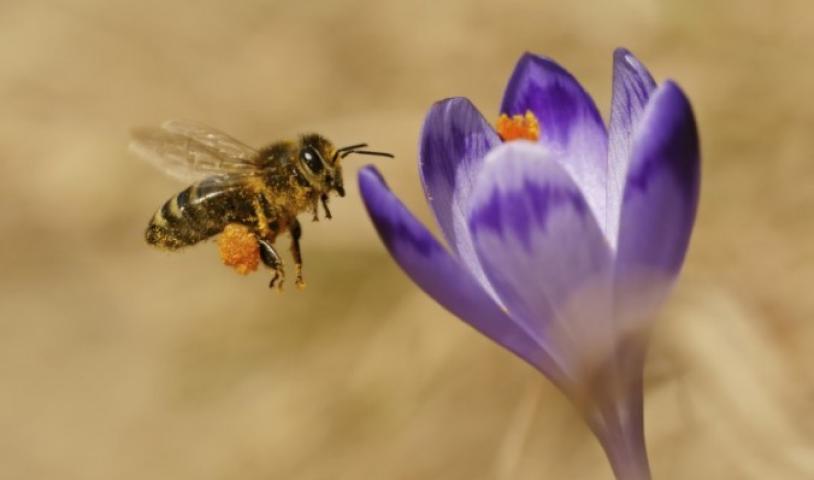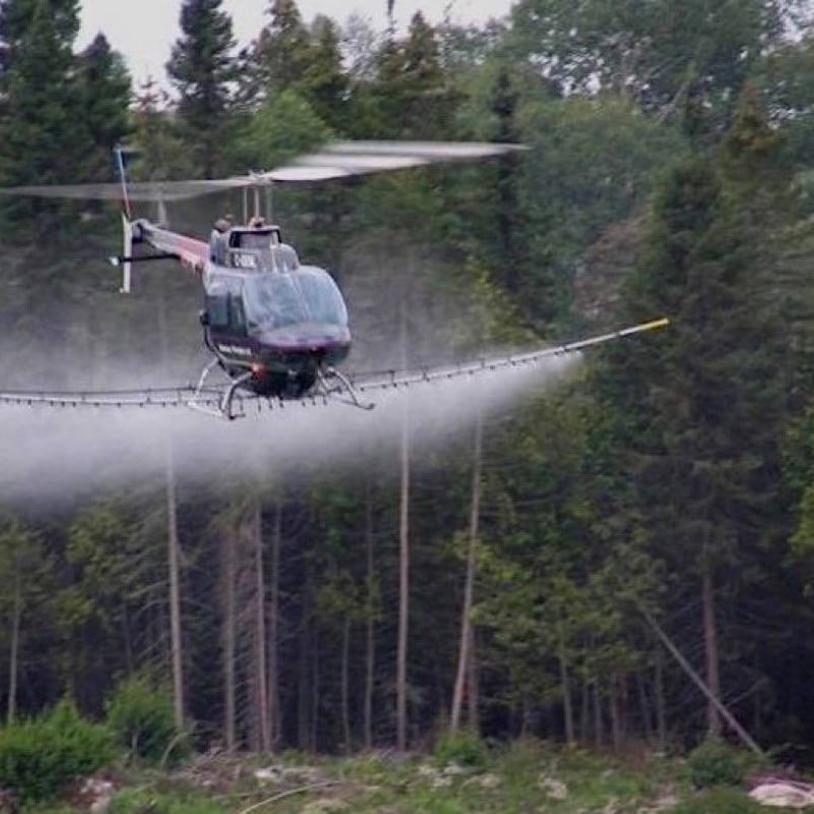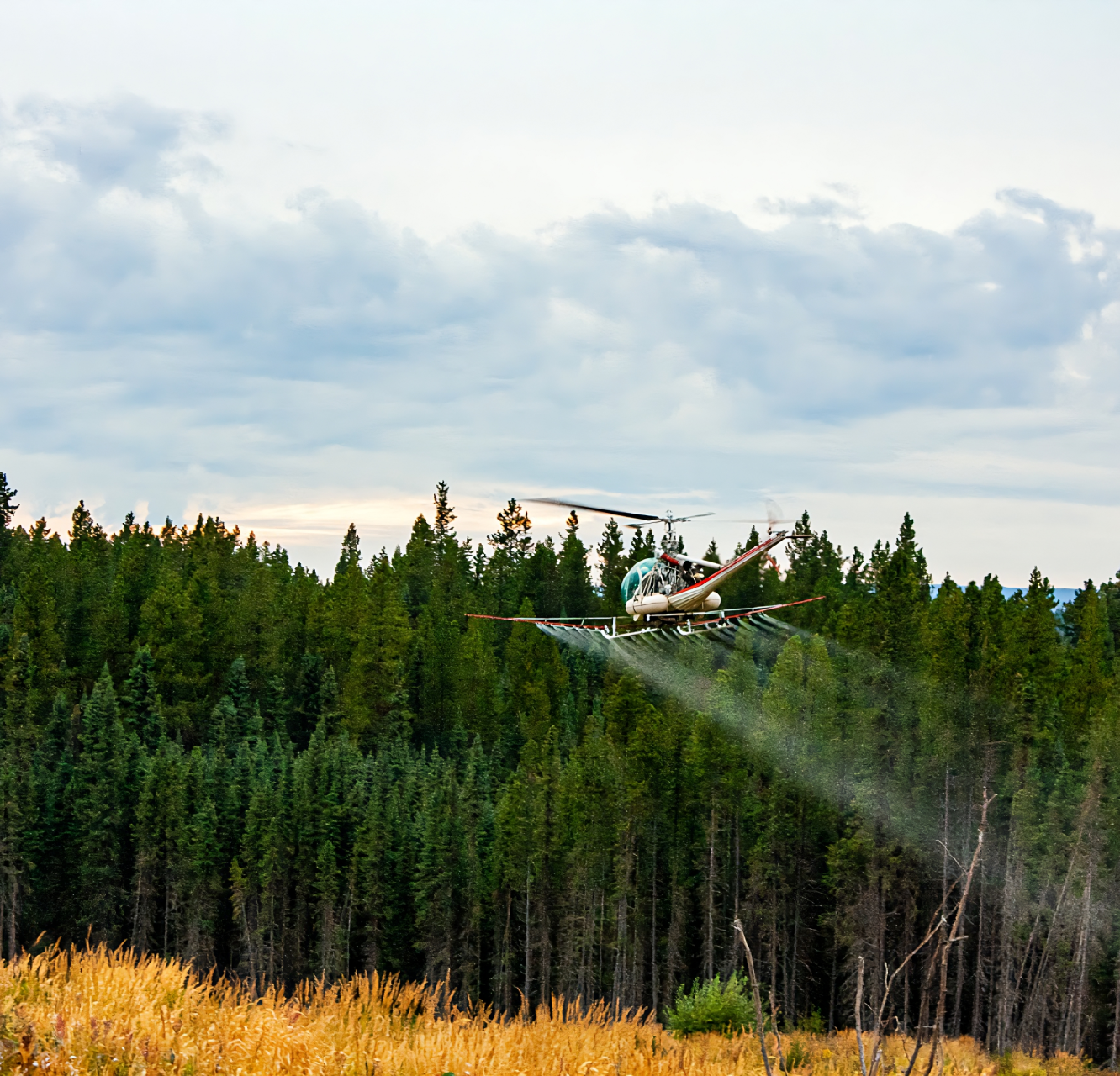More Bee Deaths Could Occur This Spring, Senate Committee Hears
Thursday, April 17, 2014
The Senate’s agriculture committee has been told the recently updated regulations for reducing seed dust are not sufficient to prevent large numbers of bee deaths that could occur during the upcoming spring planting season.
The committee’s study was prompted in part by the massive bee deaths in Ontario and Quebec in 2012, which was blamed on neonocotinoid-treated seeds after testing by Health Canada’s Pest Management Regulatory Agency found the majority of dead bee samples contained the pesticide.
“A 2010 study found an average of 7.1 pesticides or pesticide breakdown products—called residues—in North American honeybees,” noted Prof. Dave Shutler, a biologist at Acadia University in Nova Scotia.
Shutler’s own research found the average number of residues in pollen examined in the Maritime provinces had three to four pesticides. However, he explained that at present, research on the impact of residues is still ongoing.
“We know very little about synergies among different residues or sublethal effects of individual residues,” said Shutler, who suggested that bee experts from several countries meet to discuss the issue and the current science.
Last September, the Pest Management Agency issued guidelines for farmers to reduce the amount of seed dust created during the planting season—the cause of the bee kills in 2012. The agency stopped short of a ban on the pesticide-treated seeds and announced continued study. However, during testimony, groups said the current measures may not be enough.
John Bennett, national campaign director for Sierra Club Canada, said that keeping down seed dust “may help in reducing the initial kill in the spring. If that was the only time bees encountered the neonicotinoids and suffered losses, that might be one of the solutions. But it does not explain that last year in Ontario there was a second die off of bees at the end of July.”
The Sierra Club, the Wilderness Committee, and Pollination Canada all urged the committee to recommend the banning of the use of neonoctinoid. A ban on the pesticide was put in place in the EU in December 2013 as a precautionary measure.
Asked about the Pest Management Agency’s handling of the situation, one of the witnesses characterized it as lacking.
“I think Health Canada has done a very poor job in terms of regulating neonicotinoids, particularly after catastrophic losses of tens of millions of bees that were directly linked to neonicotinoid poisoning,” said Gwen Barlee, policy director with the Wilderness Committee.
The Senate committee has heard conflicted testimony on both the usage of the seeds and the need for them by various farm groups. The problem according to some farmers is that the seeds are needed to ensure higher crop production.
“I don’t think it’s up to us to prove that they’re bad. It’s up to them to prove that they’re safe and they haven’t done it yet,” said Bennett.
Bees comprise the majority of pollination both on farms and in ecosystems.
Photo: Large numbers of bee deaths could occur during the upcoming spring planting season despite efforts to reduce dust from seeds treated with the pesticide neonocotinoid, the Senate’s agriculture committee hears.





